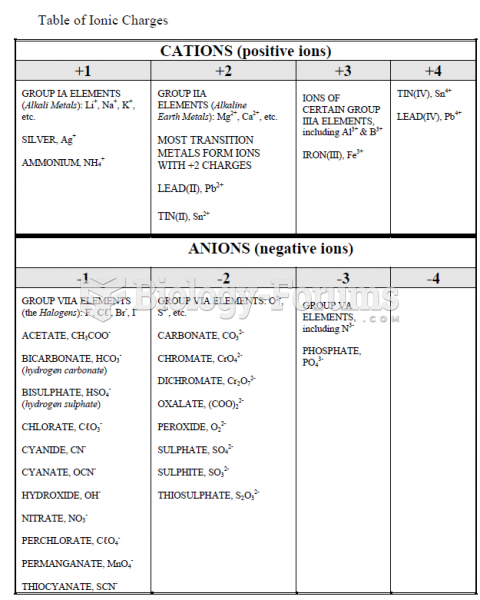|
|
|
On average, someone in the United States has a stroke about every 40 seconds. This is about 795,000 people per year.
People about to have surgery must tell their health care providers about all supplements they take.
The first monoclonal antibodies were made exclusively from mouse cells. Some are now fully human, which means they are likely to be safer and may be more effective than older monoclonal antibodies.
A serious new warning has been established for pregnant women against taking ACE inhibitors during pregnancy. In the study, the risk of major birth defects in children whose mothers took ACE inhibitors during the first trimester was nearly three times higher than in children whose mothers didn't take ACE inhibitors. Physicians can prescribe alternative medications for pregnant women who have symptoms of high blood pressure.
Between 1999 and 2012, American adults with high total cholesterol decreased from 18.3% to 12.9%






